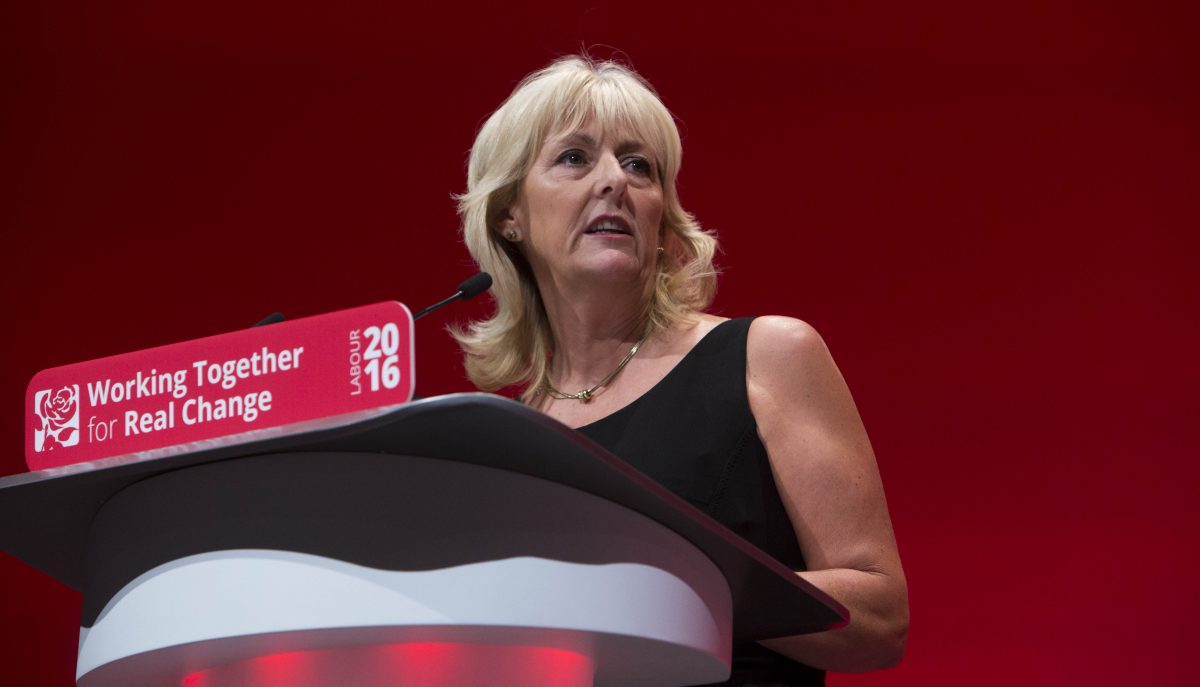The productivity challenge
Earlier this week I participated in an ACAS seminar on building productivity in the UK. I have written previously on the so-called â€productivity puzzle’ and the critical importance of investment, skills and an active industrial strategy.
But I have also highlighted the importance of better work organisation and a strong worker voice. So it is particularly welcome to see ACAS put a focus on what goes on in workplaces and that one of the seven levers it identifies in its framework for building productivity is â€strong employee voice’.
Of course there are different interpretations of what is meant by â€employee voice’. Indeed, the BBC’s Evan Davis, who chaired the event, put it to me that it could take a million different forms.
“Not quite a million,” I replied.
â€Strong employee voice’ has to be collective and independent. This means, where possible, trade unions.
But I am concerned that, despite ACAS’ efforts, the importance of strong employee voice might get lost.
The Government’s trade union Bill demonstrates no willingness to engage with unions but actually serves to weaken employee voice and damage good employment relations.
And it’s not just the unions saying this. At the ACAS seminar a representative from the manufacturers’ organisation EEF raised concerns about the detrimental effects that the Bill will have on good management and positive industrial relations.
Furthermore, research published by professors at Warwick and Cass Business Schools finds that restricting facility time for union representatives in the public sector would be counterproductive and may damage levels of trust between employers and employees and ultimately lower productivity.
A central theme in the seminar discussion was that how we go manage change is important and that this requires meaningful engagement with the workforce and their representatives. As Paul Nowak of the TUC commented, there are good ways and bad ways to improve productivity and it can’t be done at the price of rising job insecurity.
Sustainable improvements in productivity growth will not be achieved by trying to squeeze â€more for less’ out of workers, extending the â€flexible’ labour market or making work more insecure. It requires well-paid, good quality secure jobs.
Finally, efforts to improve productivity growth should not detract from the important issue of how we share the proceeds of growth. Productivity growth needs to be sustainable and fair, yet there is a ‘wedge’ between productivity growth and median pay growth.
This â€de-coupling’ and pay inequality are not only matters of social justice, but in themselves have implications for productivity, not least in respect of another two of ACAS’ levers: â€fairness’ and â€high trust’.
Trade unions and collective bargaining have a role to play here, too, by reducing inequality and raising wages. As others, such as the Equality Trust and the Guardian’s Larry Elliott, have noted, reducing the influence of unions would be an “extremely damaging development” and “weakening collective bargaining will depress aggregate demand and end up doing more harm than good.”
John Earls is Head of Research at Unite
This post was originally published on the TUC’s Touchstone blog and is reposted here with permission
 Like
Like Follow
Follow

